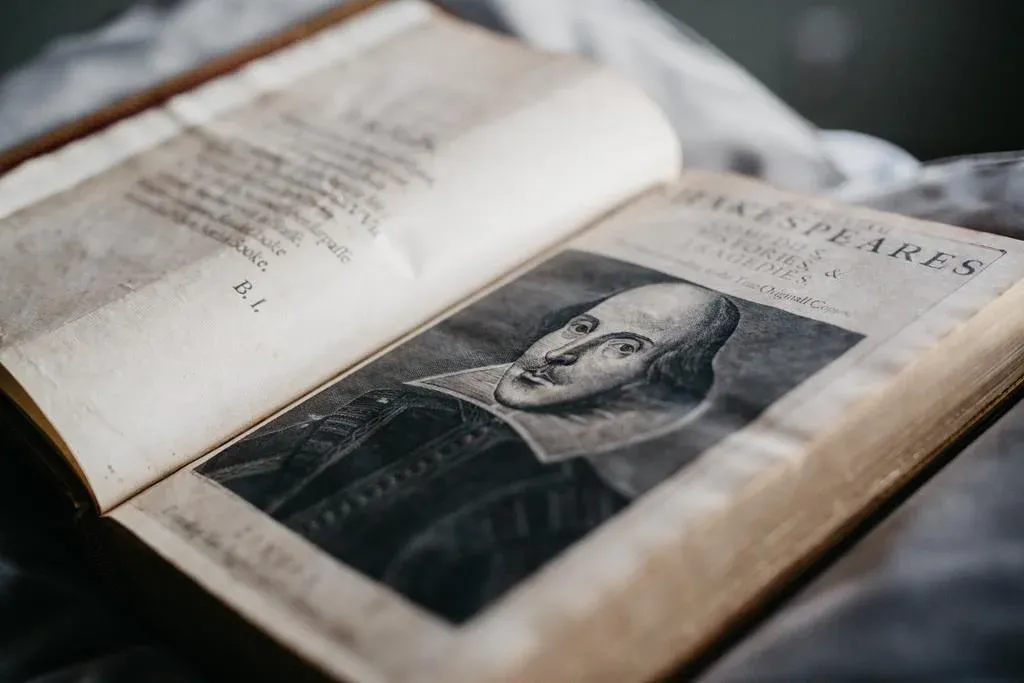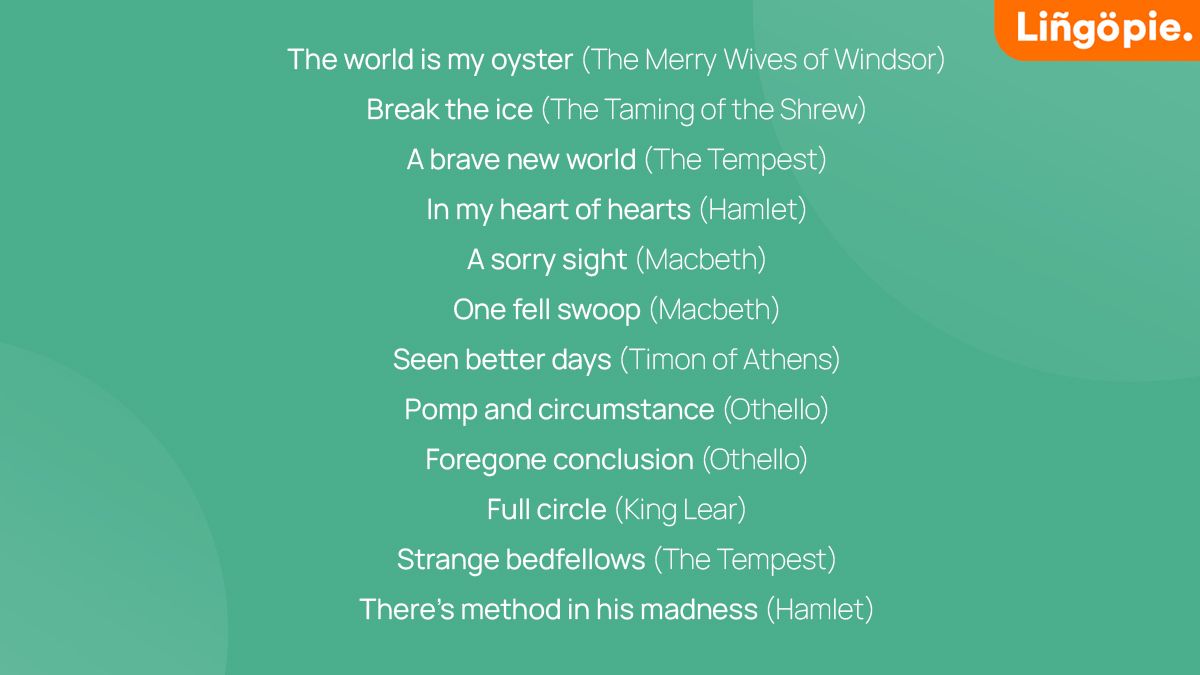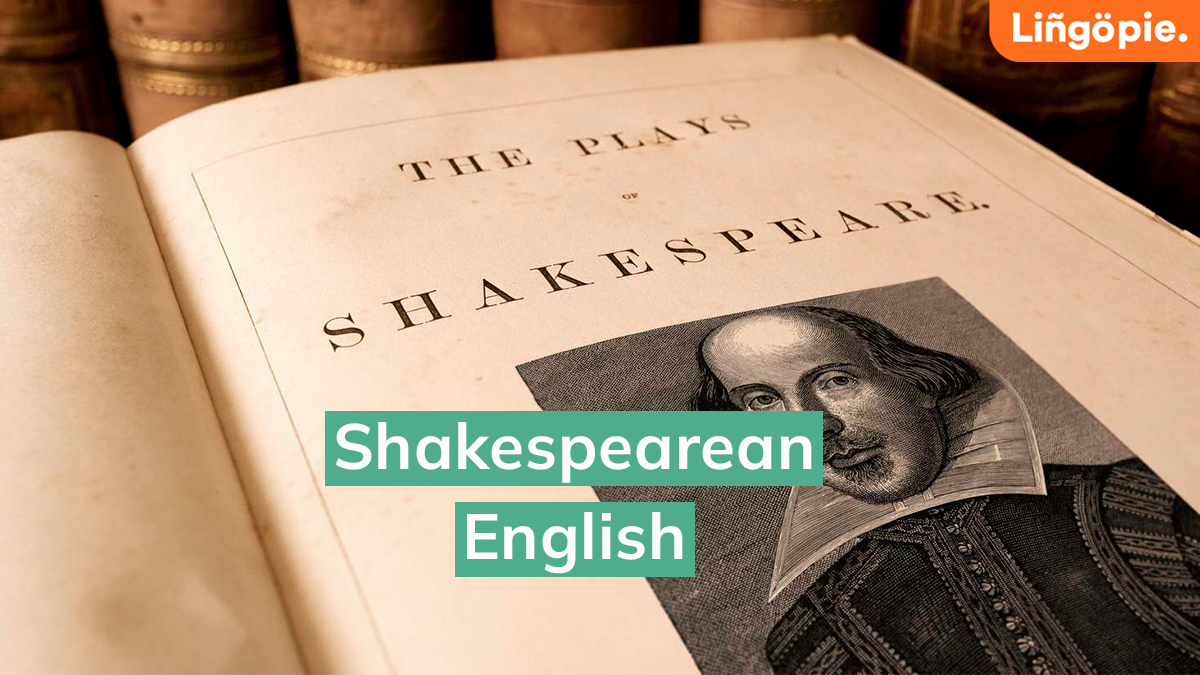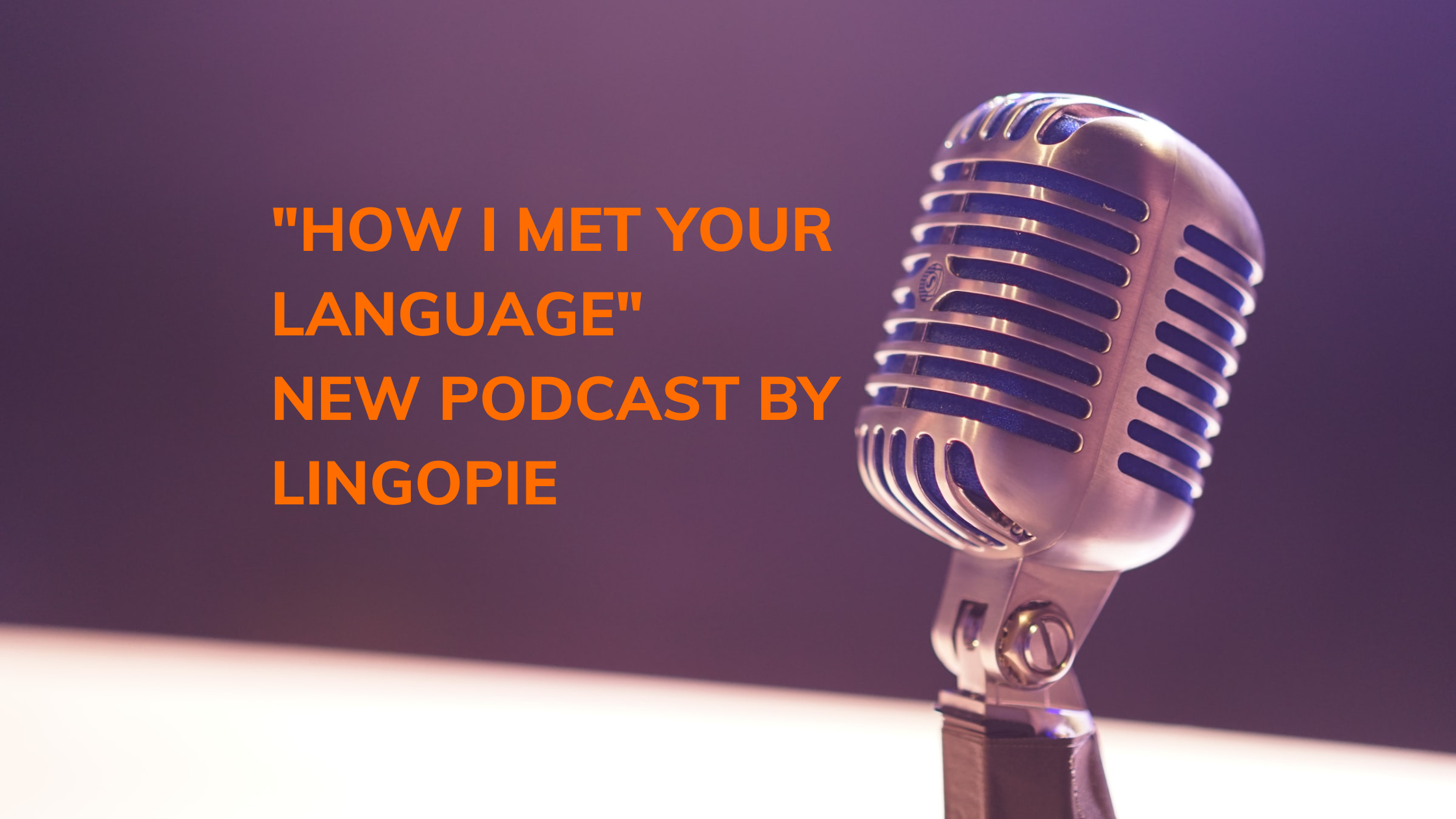Are you studying English literature or learning English as a second language and fascinated by the works and words of William Shakespeare? No wonder, the man was a genius!
Today, we are going to discuss England's national poet in detail. We will look at who Shakespeare was, how he impacted the ever-changing English language and which words and phrases he is accredited with coining.
Moreover, we will explain how you can learn English with Shakespeare and how to make his works more accessible for beginners.
See also: The Best Way to Learn English: A Guide to Learning English Fast
So, without further ado, let's dive into Shakespeare's words and works.

A Bit About Shakespeare: Who Was England's Most Famous Writer?
William Shakespeare (1564-1616) was an English playwright, poet, and actor. He is considered to be the greatest writer in the English language. He is England's national poet and often referred to as "the Bard", as he was the Bard of Avon.
Shakespeare's works include Romeo and Juliet, Hamlet, Macbeth, King Lear, Othello, A Midsummer Night's Dream, and many more plays that you have undoubtedly heard of, even if you are yet to read them.
Shakespeare was incredibly well-acquainted with the English of the time. So much so that he used upward of 20,000 words in his works and provided the first noted use of 1,700 words in the English language.
Moreover, he used 7,000 words only once and never again. There are less than 7,000 different words in the entire King James version of the Bible.
The literary tradition of inventing new words and phrases, and even inventing whole new languages, has been carried on by notable English authors J.R.R. Tolkien and George R.R. Martin, among others.

A Brief History of The English Language
Don't worry, we'll keep this bit simple! Essentially, the English language has evolved over time and continues to evolve to this day. This has resulted in several stages of English over the course of the language's history.
From the Middle Ages to the modern day, there have been four clear stages of development of the English language: Old English, Middle English, Early Modern English, and Modern English.
It may come as a surprise to you that William Shakespeare's English is technically Modern English, at least Early Modern. Much of the language used by Shakespeare, known as Elizabethan English, is still in use today.
Shakespearean English is distinct from Middle English, the language of Geoffrey Chaucer's The Canterbury Tales, and Early English, the language of Beowulf.
Old English
Also called Early English, Old English is the first recorded language spoken in England and southern Scotland in the Middle Ages. It was brought to Britain by Anglo-Saxon settlers in the 5th century, and the earliest Old English literary works date back to the 7th century.
Middle English
The Norman Conquest of 1066 brought a change to the English language, as it was heavily influenced by the Anglo-Norman vernacular. So ended Old English and Middle English developed.
Middle English saw huge changes to its grammar, vocabulary, and pronunciation. This language was used in England until the 15th century.

Early Modern English
Early modern English began its life at the end of the 15th century and was in use until the late 17th century. Most modern English readers of literature from the later years of the Early Modern English language can understand them, though some words, grammatical aspects, and phrases have since faded from use.
For instance, Shakespeare's pronouns. Elizabethan English used different second-person singular pronouns. "Thou" was used for the nominative "you", as in "thou hast risen" and "thee" for the objective "you", as in "I give this to thee". "Thy" was used for the genitive "your", as in "thy dagger floats before thee", and "thine" for the possessive "yours", as in "what is mine is thine".
Modern English
Modern English incorporates the Early Modern English spoken since the end of the 15th century. If we are making the distinction between the Shakespearean language used in the Elizabethan period and the English we use today, we can say that Modern English as we know it came to be at the end of the 17th century.
There are many dialects of Modern English, such as British English, American English, Australian English, and so on. However, all speakers understand one another. English, as we know it today, is heavily influenced by Shakespeare's language.
Shakespeare and Early Modern English
In Shakespeare's time, the language used was more standardized than when Chaucer was writing his Canterbury Tales, but there were still variations across Britain.
Shakespeare used the language around him to coin new phrases and reimagine older idioms in a way that had a massive impact on the future of English.
Between 1590 and 1612, the Bard wrote all of his plays. This was a turbulent time for Britain and its vernacular, due to colonization, exploration, and wars. English was absorbing influences from all over the world.

Moreover, English was being used more and more in science, theology, and philosophy, but lacked the vocabulary to express certain ideas. Writers such as Shakespeare, Edmund Spenser, Christopher Marlowe, and Sir Philip Sidney expressed new concepts and ideas by borrowing or adopting words and phrases from other languages.
Shakespeare's English: New Words and Phrases
English Words First Used By The Bard
Although lexicographers are continually discovering the origins and earliest usages of words, there are still many common words attributed to Shakespeare and believed to be first used by him. These include:
- Fashionable
- Gossip
- Inaudible
- Jaded
- Obscene
- Puppy dog
- Undress
- Worthless
English Phrases Coined by Shakespeare
Shakespeare loved to play with words, coin new idiomatic phrases and reimagine older idioms. The most notable phrases he coined include:
- The world is my oyster (The Merry Wives of Windsor)
- Break the ice (The Taming of the Shrew)
- A brave new world (The Tempest)
- In my heart of hearts (Hamlet)
- A sorry sight (Macbeth)
- One fell swoop (Macbeth)
- Seen better days (Timon of Athens)
- Pomp and circumstance (Othello)
- Foregone conclusion (Othello)
- Full circle (King Lear)
- Strange bedfellows (The Tempest)
- There's method in his madness (Hamlet, from the quotation "though this be madness, yet there is method in't.")
Phrases Falsely Attributed to Shakespeare
There are some phrases that are generally thought to be Shakespearean in origin, but in fact, have older noted origins. However, in many cases, Shakespeare took an old idiom and reimagined it or re-phrased it into the idioms we use and love today.
- All that glitters isn't gold (famously used in Macbeth, but first used hundreds of years earlier. A French monk called Alain de Lille wrote "do not hold everything gold that shines like gold" in 1175, and Chaucer wrote "Hyt is not al golde that glareth" in The House of Fame (1370s)).
- Without further ado (seen in Much Ado About Nothing, but experts believe the phrase dates back to the 1300s, despite being first put into writing by Shakespeare).
- The mind's eye (Hamlet, but first used by Chaucer in The Man of Law's Tale: "It were with thilke eyen of the mynde. With which men seen, after that they been blynde.")
- Jealousy is a green-eyed monster (Othello boasts the first known instance of the idiom written in this way, however, the idea of being green with envy dates back as long ago as Ancient Greece).
- Eaten out of house and home (popularized by Henry IV Part III, but the phrase was used before this in Thomas Cooper's 1578 glossary Thesaurus Linguae Romanae Britannicae: "To eate out of house and home: to waste and consume his substance, money, etc.")

Learning English With Shakespeare
No matter how adept you are at speaking English, even if it is your first language, it is almost guaranteed that you will learn new words and phrases from reading Shakespeare's plays and poems.
If you are learning English as a second language, it can be intimidating to pick up one of Shakespeare's works for the first time. However, engaging with English-language content is a great way to improve your fluency.
There are ways to make Shakespeare more accessible, such as buying a book with the Modern English translation on one side and Shakespeare's Early Modern English original writing on the other.
The Shakespeare Birthplace Trust also offers free learning resources on its website relating to Shakespeare's invented words and phrases. These worksheets are designed for B1/2 level learners of English.
Whether you are learning English as a non-native or you simply want to deepen your understanding of your own language, it is a great idea to write down any new words and phrases you come across in Shakespeare's poems and plays and create flashcards for learning purposes.
How to Make Shakespeare More Accessible
One of the best ways to make Shakespeare's language and works more accessible is to watch movies and theatre productions of his plays. Seeing the words spoken aloud brings the works to life and significantly helps with comprehension.
There are also modern and adapted versions of Macbeth, Hamlet, and Romeo and Juliet, among other Shakespeare works. For instance, the 1996 film with Leonardo DiCaprio and Claire Danes, Romeo and Juliet, or the 2011 animation Gnomeo and Juliet.
You can watch these movies to deepen your understanding of the plot and key themes. Moreover, a lot of popular modern movies that you already know and love were inspired by Shakespeare's writing.
Did you know that the classic 90s rom-com 10 Things I Hate About You, starring Heath Ledger and Julia Styles, is actually based on Shakespeare's The Taming of the Shrew? Yes, that's right - you can watch this iconic movie and call it English literature homework!
Other famous films you probably didn't know were based on works of Shakespeare include: Mean Girls (Julius Caesar), Lion King (Hamlet), She's The Man (Twelfth Night), Warm Bodies (Romeo and Juliet), and Forbidden Planet (The Tempest). Moreover, HBO's TV drama Succession takes a lot of inspiration from Shakespeare's King Lear.
Watching movies is a great way to get your head around a complex plot, especially when it is made more accessible by modernizing the characters and storyline. Moreover, you can absorb the new language and get comfortable with pronunciation and sentence structure.
This is a learning method employed by Lingopie, the online streaming service that teaches Spanish, French, Italian, Portuguese, German, Russian, Japanese, and Korean by encouraging users to binge-watch engaging foreign language content.
Summing Up: Shakespeare's English Still in Use Today
So, there you have it. William Shakespeare, who lived and wrote his famous works over 400 years ago, still has a tremendous impact on our lives today. England's national poet shaped Modern English words and phrases and his works are still regarded as the best in our language.
We use idioms and words coined by the Bard every day without realizing it. Studying Shakespeare, whether you are a native or non-native speaker, is bound to expose you to new language use and vocabulary.
A great way to make Shakespeare's works accessible is by watching theatre productions or movies based on his plays. If you like the sound of language learning by watching movies, you can also check out Lingopie, the foreign language streaming service for language learners.
FAQs: Shakespearean English
Can you read Shakespeare's plays if you only know modern English?
Yes, you can read Shakespeare if you understand Modern English. Though his works contain some pronouns and words no longer in common use, they are not written in an entirely different language.
Can I buy Shakespeare translated into modern English?
Yes, you can either use an online Shakespeare translator or buy any of Bard's works translated into Modern English if you want to understand every word.
Was the original pronunciation of Shakespeare's language different from how we say it now?
Yes, in Shakespeare's day, words were pronounced differently than they are today, especially the vowels. This means that modern audiences miss some of Shakespeare's clever wordplay.
For instance, in his play As You Like It, he wrote "and so from hour to hour we ripe and ripe." In Early Modern English, "hour" was pronounced the same as "whore", making this a sexual pun.








![20+ Gen Alpha Slang And What They Mean [Guide]](/blog/content/images/size/w300/2025/06/Gen-Alpha-Slang.jpg)
